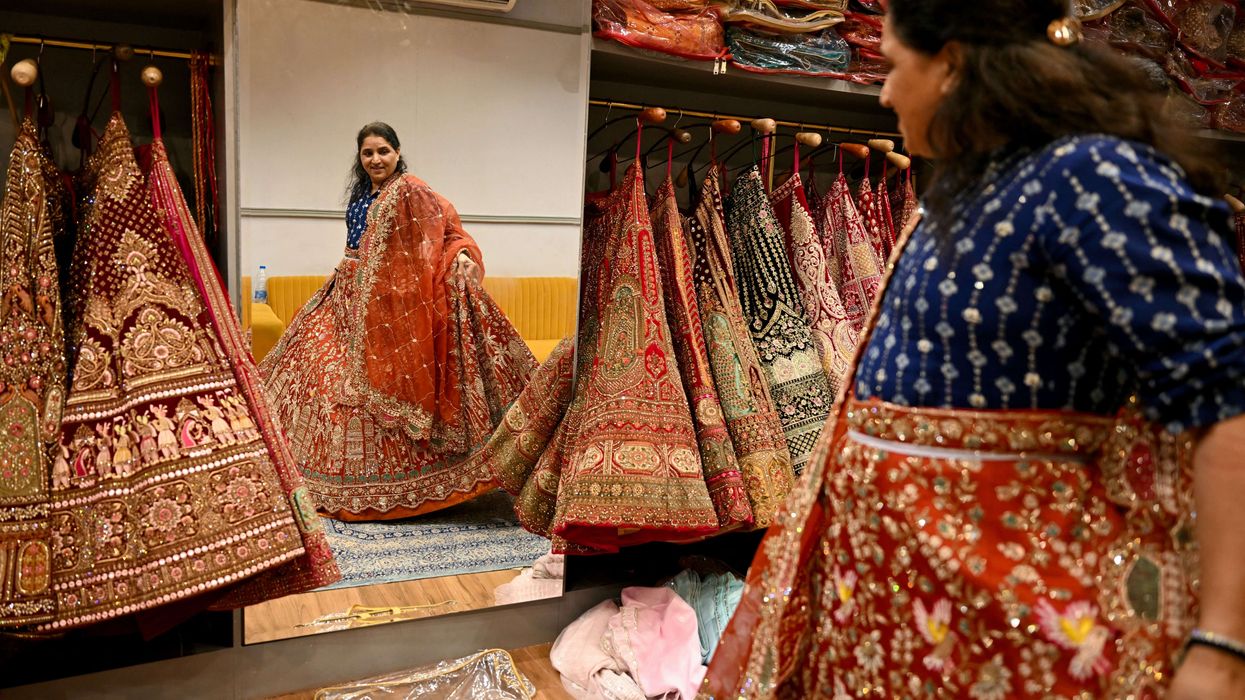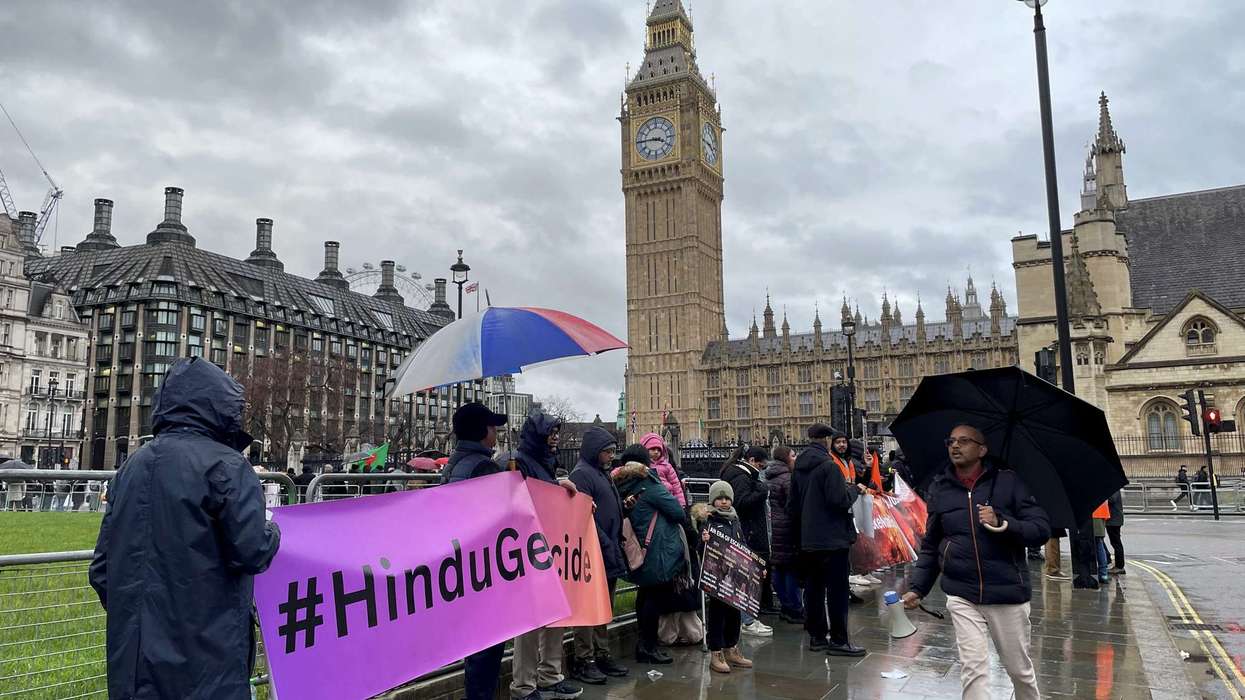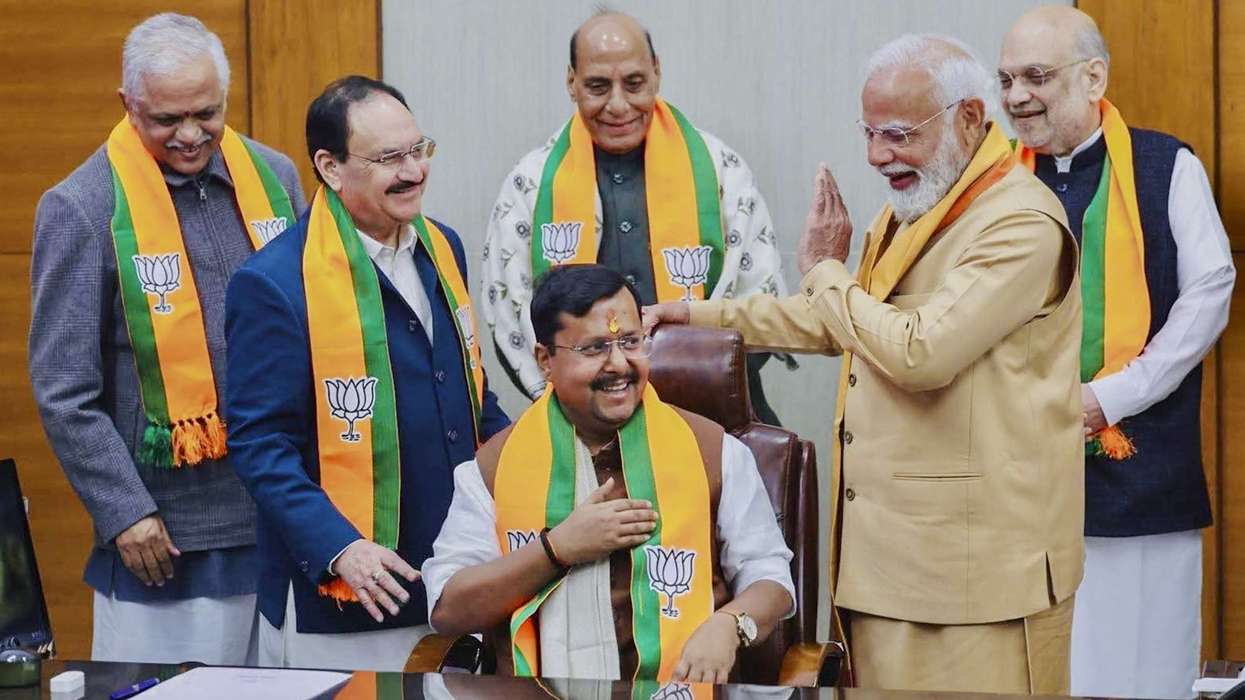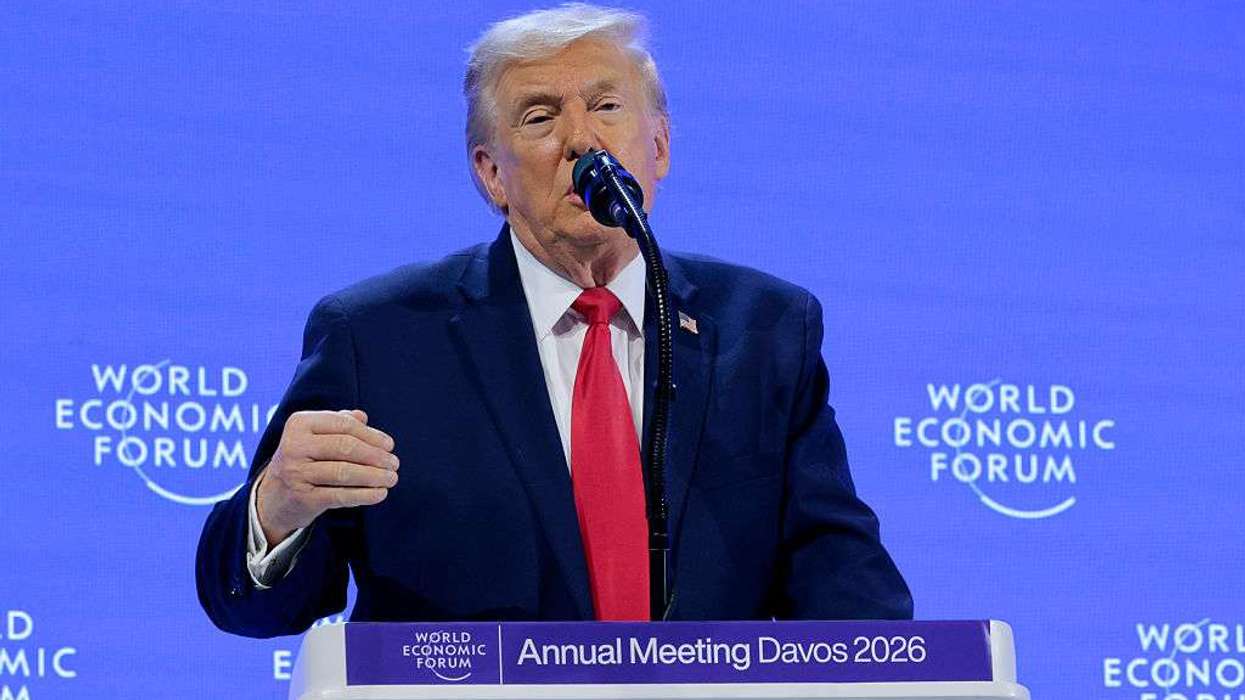TIGHTER US immigration policies, particularly for the H-1B skilled-worker visa, are making families in India less inclined to marry their children to Indian citizens based in the United States, for fear the potential partners might lose their job or immigration status, according to matchmakers, academics and prospective brides and grooms.
America has the world’s largest Indian diaspora, according to Indian government data, including around 2.1 million non-resident Indians (NRIs), some of the most sought-after marriage prospects.
Since returning to office in January, US president Donald Trump has launched a broad immigration crackdown, including efforts to limit legal pathways to residency.
His overhaul of the H-1B visa marks the most prominent effort to reshape temporary work visas and hit Indians, who accounted for 71 per cent of those visas last year, particularly hard.
Changes include a new $100,000 (£74,504.8) fee. The coveted H-1B visas allow companies to sponsor foreign workers with specialised skills – such as scientists, engineers, and computer programmers – to work in the US, initially for three years but extendable to six.
The United States awards 85,000 H-1B visas per year on a lottery system, with India accounting for around three-quarters of the recipients.
Sidhi Sharma wanted to marry an Indian citizen with a high-flying job in the United States.
But the 19-year-old medical student from India’s northern Haryana state dropped the idea after recent headlines about Trump’s immigration crackdown.
“I had always dreamed of settling in the US after marriage,” she said, without elaborating on her reasons. “Trump has shut the door for me.”
There is no official government data on marriages between Indian citizens living at home and overseas.
“Immigration policies may be written in Washington, but its ripple effects are seen at dinner tables of Indian families when they’re talking about marriages,” said Anuradha Gupta, the founder of bespoke matchmaking service Vows For Eternity. For many Indians, marrying a compatriot living in the US was a ticket to financial security, and a better quality of life, while families welcomed the tradition of them sending money home and providing support to extended families.
About 75 per cent of the H-1B visas issued to Indian citizens in 2024 were awarded to men, according to data from US Citizenship and Immigration Services.
“Up until last year, there was a lot of demand and craze for NRI suitors and men settled abroad,” said Vanaja Rao, the managing director of the Vanaja Rao group of companies, popularly known as Vanaja Rao quick marriages.
“We’ve started to see a slowdown ever since Trump took over, and it intensified in the last six months. And of course, after the recent chaos and curbs on H-1B, there’s more panic,” said Rao, who has been in the business for nearly five decades.
In some cases, families are delaying weddings. “There is a lot of uncertainty in terms of immigration in general and not just H-1B, it has only escalated in the past year,” said a 26-year-old Indian based in Atlanta, Georgia on condition of anonymity because of the issue’s sensitivity.
He is aware of three weddings that have been delayed as a result of Trump’s policy changes, he said.
“Every time there has been speculation about stopping or tightening the restrictions around H-1B visas and skilled-worker migration, there has always been a corresponding impact on the marriage market,” said Harshita Yalamarty, an assistant professor at Toronto Metropolitan University. She pointed to Trump’s first administration when he also targeted H- 1B visas and proposed spouses not be allowed to work. His successor, Joe Biden, later withdrew the policy.
Some matchmakers are adapting to the new reality.
Premium matchmaking platform Knot.dating introduced a ‘US visa filter’ on its app as it expanded into India’s south.
The company’s cofounder and CEO, Jasveer Singh, said many families there were particularly keen on NRIs.
“Families want to see the visa status of the suitor or match from abroad before proceeding further,” Singh said.
Since the feature launched in September, about 1,000 NRIs have signed up, with 60 per cent on H-1B visas and the rest on green cards or other visas, Knot. dating’s Singh said.
Of the 1,000 who signed up, 81 per cent were men. Knot.dating requires male users to earn at least ₹5 million (£42,465.27) a year, but has no income criteria for women. That figure is “astronomically higher than what a fresh graduate or professional typically earns in India, that’s equivalent to many years’ worth of income here,” said KP Singh of overseas education consultancy IMFS.
“This US salary offers a level of financial security many here can only dream of.”
With the American dream slipping out of reach, some Indian clients are looking more towards Canada, the UK, Europe, and the Middle East for potential matches, said Nikita Anand, founder of matchmaking agency Wedding Tales Matrimony.
“When families consider marriage, factors like mobility and security are deeply embedded in their decision-making. It’s about long-term stability, not just for themselves but for future generations as well,” Vows For Eternity’s Gupta said. (Reuters, AFP)




